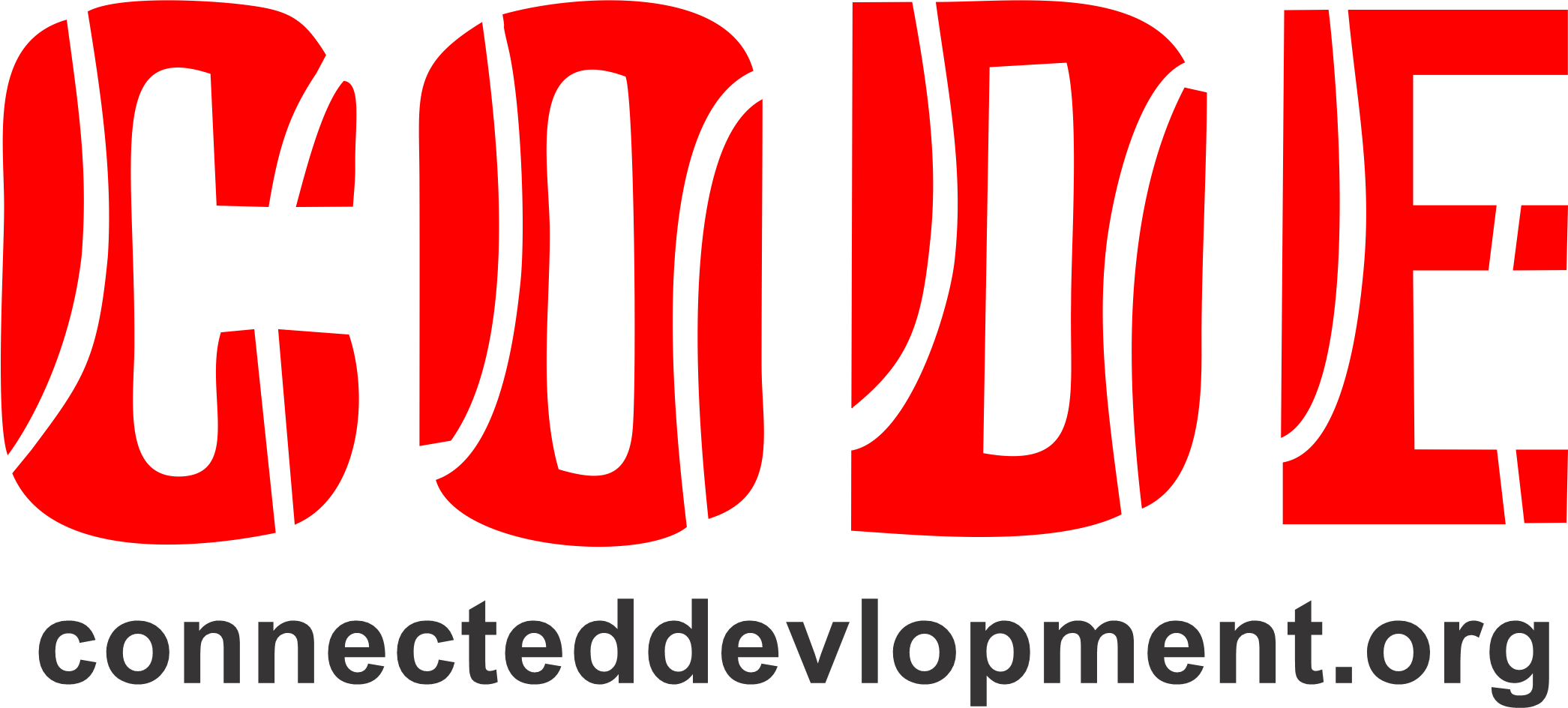Aftermath Poor Implementation of #WomenCookstoves Project: Stakeholders Urge New Minister of Environment to Support Local Markets for Alternative Energies
Connected Development’s [CODE] Follow The Money project, held its’ fifth stakeholders meeting on the 9.2 billion Naira allocated for the procurement of 750,000 Clean cookstoves and 18,000 wonderbags on 12th November, 2015 . The forum was strategized to share insights and knowledge gaps as the billion naira project did not get to the rural women it was meant for.
The event which took place at Reiz Continental Hotel Abuja, had in attendance, representatives of the Ministry of Finance and Ecological Fund Office, journalists and the civil society. Sharing the findings of its Follow The Money team, Monitoring and Evaluation expert, Oludotun Babayemi, said that the initiative found out that clean cookstoves that was exhibited by the former Ministry of Environment was not newly purchased, and that from findings, these were clean cookstoves that was meant for a project initiated two years ago.
He further hinted the stakeholders that the contractor – Integra Renewable Energy cannot be reached as they have vacated the building used as their office. Likewise, stating that after several meetings with the Ecological Fund Office officials, it could not be ascertained if the 4 billion remaining in the Ecological Funds for this project still remains in their coffers “It’s like a tracking platform where we track funds when they are being released to when it gets to the community itself” said Babayemi, as he further explained the involvement of Follow The Money in the allocated 9.2 billion Naira Clean cookstoves project.
The representative from the Ministry of Finance, Mrs. Yusuf, Kemi Ahmed, though unaware of the complete situation concerning the stoves said that options such as subsidizing the cost for local manufacturers would have been a better solution as it all boiled down to affordability and that the federal government should have gone for greater advocacy to sensitize rural women on the benefit of the clean cookstoves as they are main users of firewood.
Mr. Uwem Ujeh, from the Ecological Fund Office [EFO] also expressed his lack of thorough knowledge on the clean cookstoves project and said that the EFO does not initiate projects but rather projects are initiated by communities in need, civil society organisations or other ministries. He added that there was always an implementing agency in case of all projects funded by the office, and in the case of clean cookstoves, it was the ministry of environment, as such, projects are not necessarily funded by the EFO but money released by the ministry of finance into the ecological fund office’s account was used to fund projects.
Mr. Eluma, a deputy director from the Ecological Fund Office expressed dismay at the absence of any representative from the ministry of environment to further explain what went wrong or what progress was being made as regards the project.
While commenting on the issue, Mrs. Onuvae Precious, from Nigerian Alliance for Clean cookstoves noted that a one-page fact sheet stating an alternative use of the funds would be a better option than procuring and distributing the stoves for free which would undermine the market development goal of the Nigerian Alliance of Clean Cookstoves.
Mr. Tunde Salman, from the Good Governance Monitoring Group, noted the scarcity of resources in the country and that the government shouldn’t involved itself with buying stoves as this would support rent seeking and collection and at the end of the day the product would not reach the beneficiaries.
In his final address, Mr. Babayemi, noted that the next stakeholders meeting would be focusing on the great green wall project, which is a planned project to plant a wall of trees across Africa at the southern edge of the Sahara desert as a means to prevent desertification and to track funds that have been released by the Nigerian government.

